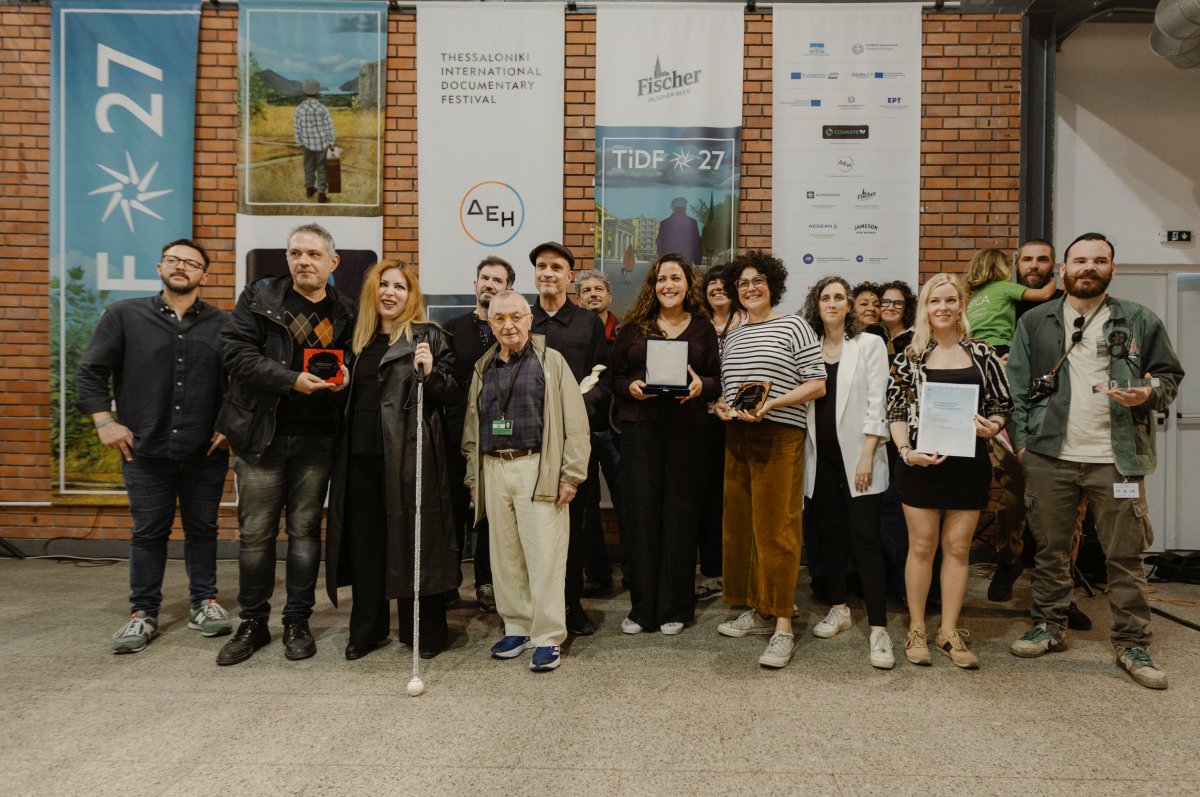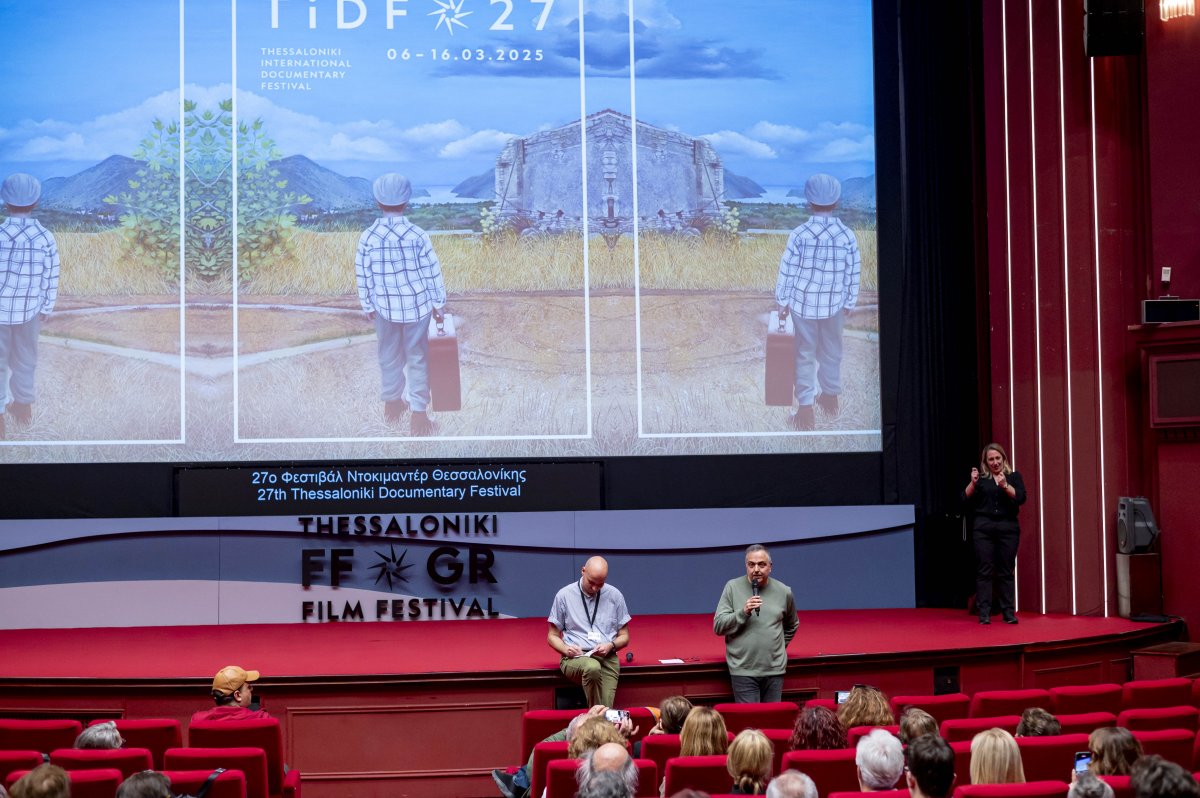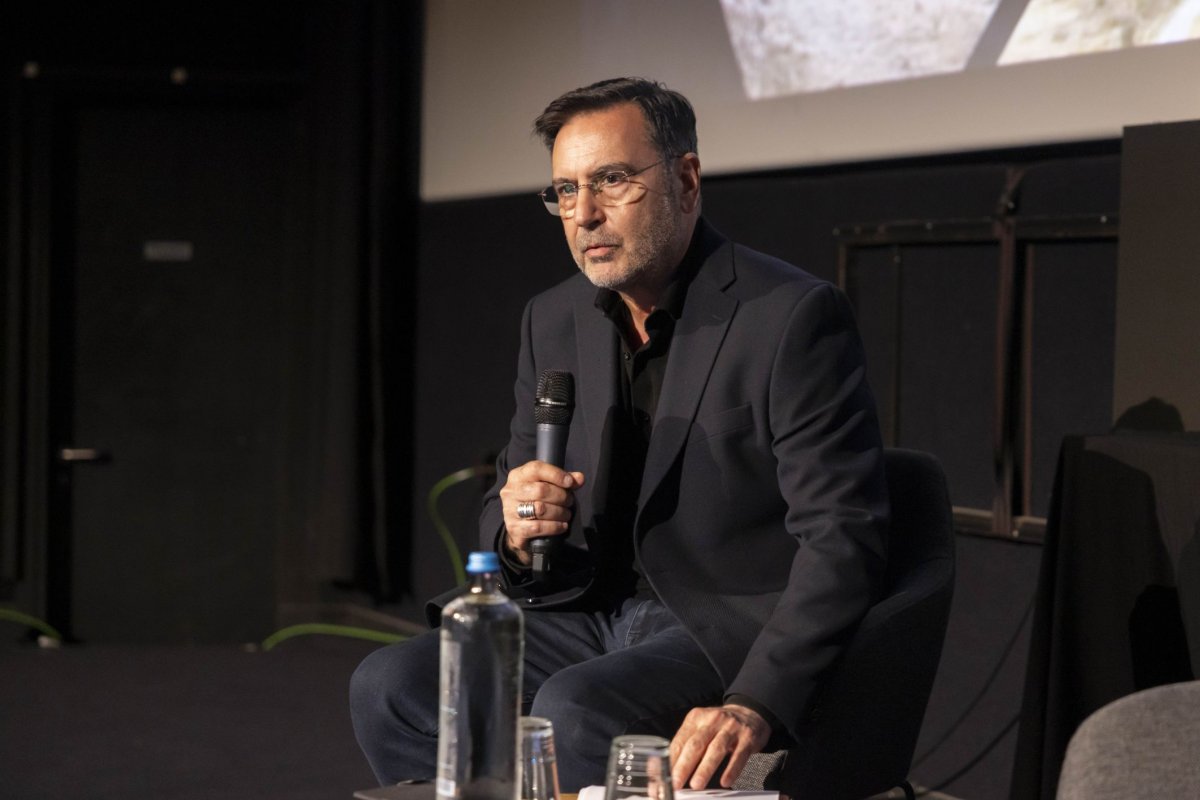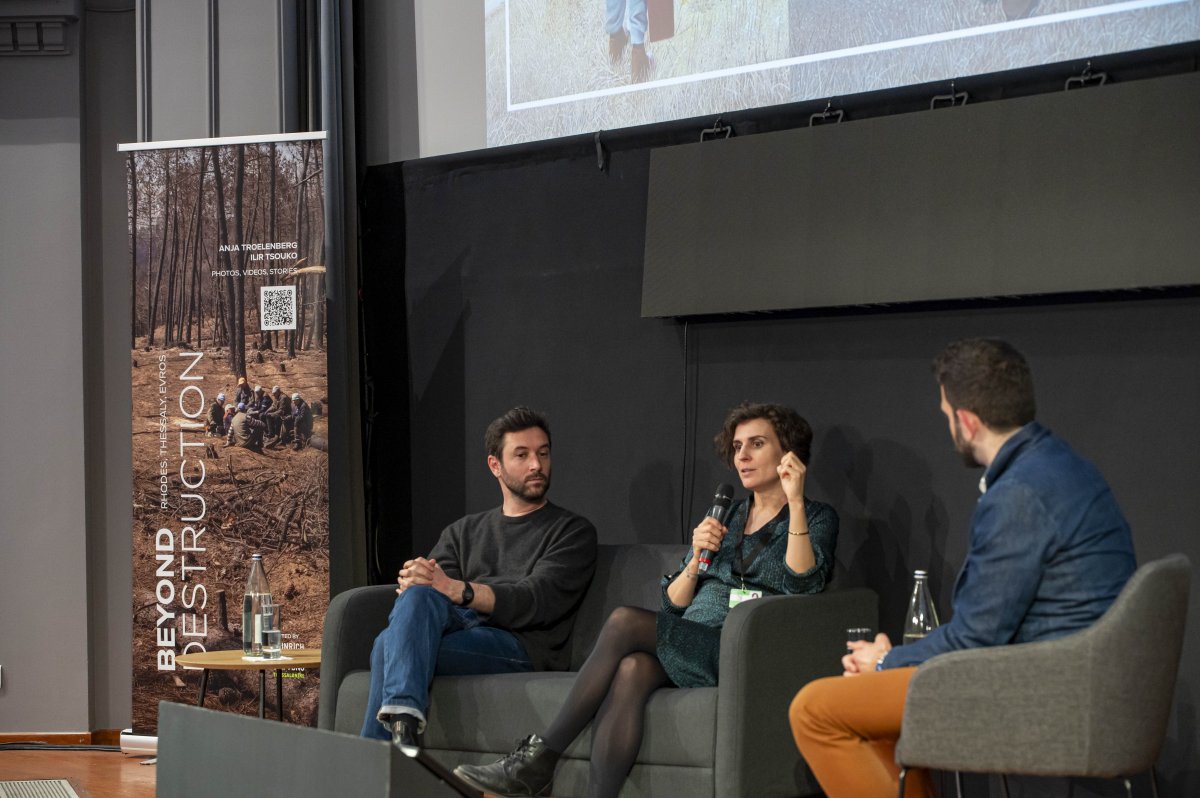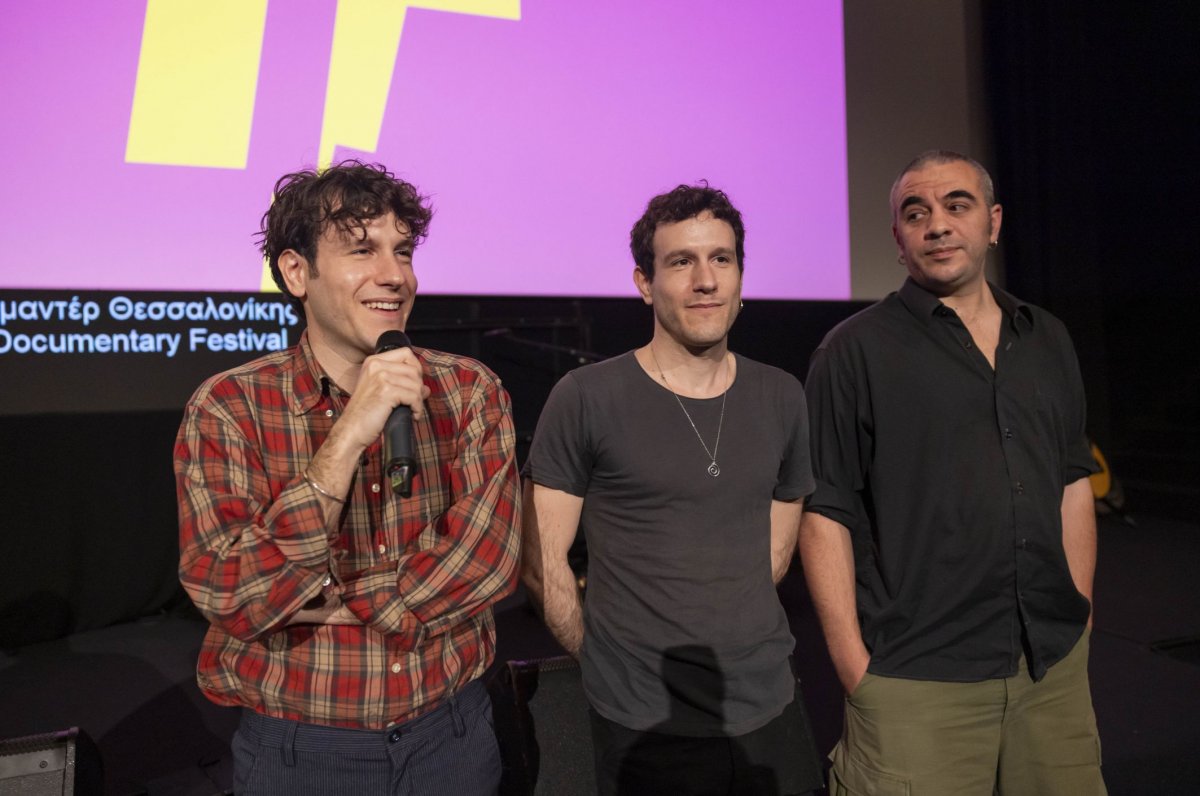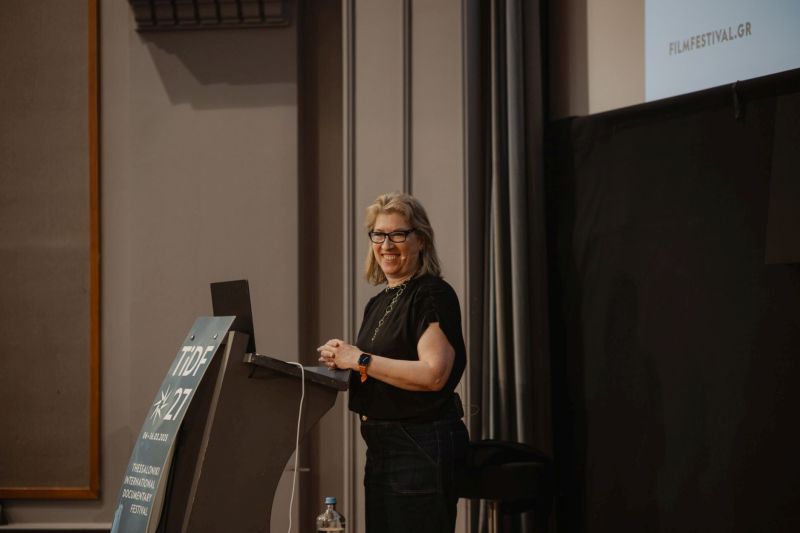The Hourglass Sanatorium
Sanatorium pod klepsydrą

Screening Schedule
|
No physical screenings scheduled. |
- Direction: Wojciech Jerzy Has
- Script: Wojciech Jerzy Has
- Cinematography: Witold Sobociński
- Editing: Janina Niedźwiecka
- Music: Jerzy Maksymiuk
- Actors: Jan Nowicki, Tadeusz Kondrat, Irena Orska, Halina Kowalska, Gustaw Holoubek
- Co-production: Zespół Filmowy Silesia
- Costumes: Lidia Skarżyńska, Jerzy Skarżyński
- Format: DCP
- Color: Color
- Production Country: Poland
- Production Year: 1973
- Duration: 124'
- Contact: Fixa Film
- Awards/Distinctions: Special Jury Prize – Cannes FF 1973, Grand Prix – Trieste International Science Fiction FF 1974, Scenography Award – Polish FF 1974
Wojciech Jerzy Has
Born and raised in Krakow, Has completed studies at the Krakow Film Institute and at a school of fine arts. In 1948, he began directing short films and over the next ten years became known for his short and mid-length fictional features, and documentaries. In 1958, Has made his feature-length debut with the successful and acclaimed The Noose. Subsequent films have become known for their nostalgia, and they frequently chronicle the life journeys of specific characters. His first films were evocative and small in scope giving viewers a sense of intimacy. In the mid-'60s Has began expanding his films and focusing on historical epics that include The Saragossa Manuscript (1964), one of his best-known films in the West. Has was appointed director of the Leon Schiller Łódź Film School in 1981.
Filmography
1958 The Noose
1960 One Room Tenants
1962 How to Be Loved
1964 The Saragossa Manuscript
1968 The Doll
1973 The Hourglass Sanatorium
1984 Wrote and Flight
1985 Memoirs of a Sinner
1986 An Uneventful Story
1988 The Tribulations of Balthazar Kober
1960 One Room Tenants
1962 How to Be Loved
1964 The Saragossa Manuscript
1968 The Doll
1973 The Hourglass Sanatorium
1984 Wrote and Flight
1985 Memoirs of a Sinner
1986 An Uneventful Story
1988 The Tribulations of Balthazar Kober





